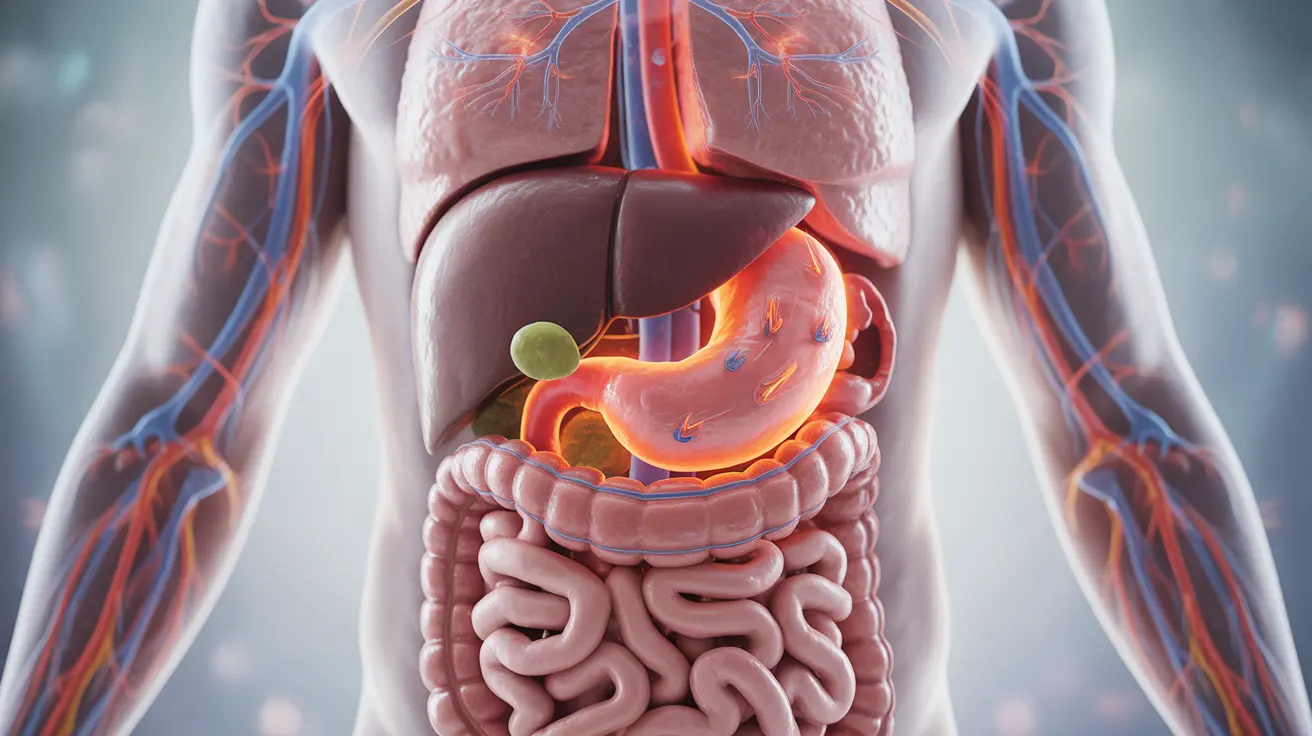Have you ever experienced an unexpected chill after finishing a meal? This puzzling sensation of feeling cold after eating is more common than you might think. While it can be concerning, understanding the various causes and knowing when to seek medical attention can help put your mind at ease.
In this comprehensive guide, we'll explore the science behind post-meal chills, potential underlying causes, and important warning signs to watch for.
The Science Behind Post-Meal Temperature Changes
When you eat, your body initiates several physiological responses that can affect your temperature regulation. During digestion, blood flow increases to your digestive system, potentially reducing circulation to other parts of your body, including your extremities. This redistribution of blood flow can sometimes result in feeling cold.
Common Causes of Feeling Cold After Meals
Blood Sugar Fluctuations
After eating, particularly meals high in carbohydrates, your blood sugar levels can fluctuate significantly. These changes can temporarily affect your body temperature regulation, leading to sensations of feeling cold.
Digestive System Response
Your digestive system requires significant energy to process food. This increased metabolic activity can sometimes result in temperature changes throughout your body, causing you to feel chilly even after consuming hot foods.
Vagus Nerve Activity
The vagus nerve, which helps regulate digestion, can influence your body temperature. When activated during eating, it may trigger responses that result in feeling cold or experiencing chills.
Medical Conditions That May Cause Post-Meal Chills
Metabolic Issues
Conditions affecting metabolism, such as hypothyroidism or diabetes, can influence how your body regulates temperature after eating. These conditions often require medical diagnosis and treatment.
Nutritional Deficiencies
Iron-deficiency anemia or other nutritional deficiencies can affect your body's temperature regulation, potentially causing cold sensations after meals. Regular blood tests can help identify these issues.
When to Seek Medical Attention
While feeling cold after eating is often harmless, certain symptoms warrant medical evaluation:
- Persistent coldness that doesn't improve
- Unexplained weight loss
- Extreme fatigue
- Irregular heartbeat
- Severe digestive issues
Prevention and Management Strategies
Several lifestyle adjustments can help minimize post-meal chills:
- Eating balanced meals at regular intervals
- Maintaining proper portion sizes
- Staying well-hydrated
- Avoiding extreme temperature foods
- Dressing in layers during meals
Frequently Asked Questions
Why do I feel cold after eating even when the food is hot?
This sensation occurs primarily due to blood flow being redirected to your digestive system during the digestion process. This temporary redistribution can reduce circulation to your extremities, causing you to feel cold regardless of the food's temperature.
Can eating certain foods like spicy or cold drinks cause me to feel chilly after meals?
Yes, temperature-extreme foods and beverages can trigger temporary changes in your body's temperature regulation. Spicy foods might initially warm you up but can lead to cooling sweats, while very cold drinks can temporarily lower your core temperature.
Could feeling cold after eating be a sign of an underlying medical condition like hypothyroidism or anemia?
Yes, persistent post-meal chills could indicate underlying conditions like hypothyroidism, anemia, or blood sugar regulation issues. If you frequently experience this symptom along with other concerns, consult a healthcare provider for proper evaluation.
How does my metabolism or calorie intake affect feeling cold after meals?
Your metabolism plays a crucial role in temperature regulation. When your body diverts energy to digestion, it can temporarily affect your metabolic rate and temperature perception. Additionally, insufficient calorie intake can impact your body's ability to maintain consistent temperature.
When should I see a doctor if I frequently feel cold or have chills after eating?
Consult a healthcare provider if you experience persistent post-meal chills accompanied by unexplained weight loss, extreme fatigue, digestive problems, or other concerning symptoms. These could indicate an underlying condition requiring medical attention.




